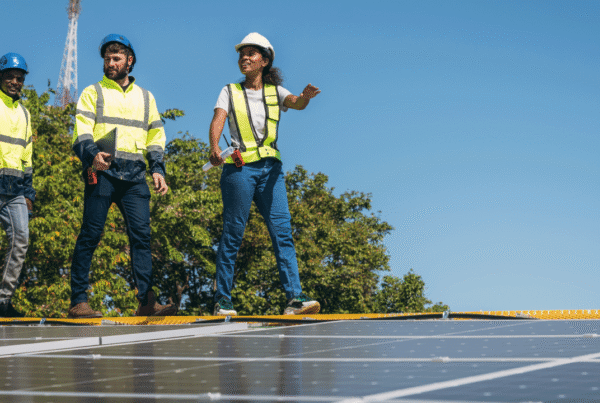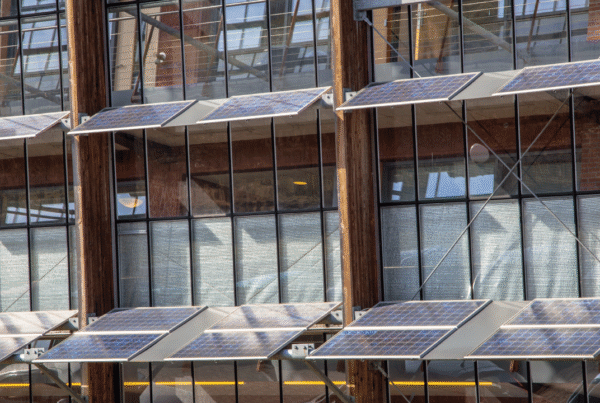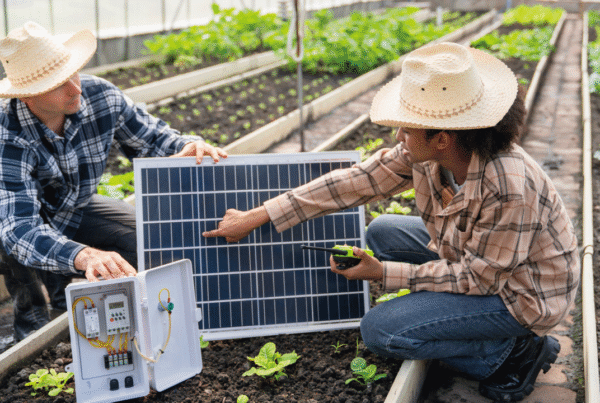
This year, with the Republic of Korea as the host country, the campaign focuses on an issue that affects us all: plastic pollution.
The numbers speak for themselves. Over 430 million tons of plastic are produced each year, and approximately half is intended for single use. Most alarming is that less than 10% of this waste is recycled, while nearly 11 million tons end up polluting rivers, lakes, and oceans. We live surrounded by plastic: we use it to dress, eat, transport, and store, and often discard it without thinking about its final destination. In light of this reality, UNEP is making an urgent call to governments, businesses, and citizens to adopt a circular approach that considers the entire life cycle of plastic, from production to final disposal.
In this context, it is hard not to talk about the fashion industry, one of the sectors where plastic use has grown exponentially. Synthetic fibers, present in a large portion of the clothes we wear daily, are cheap, durable, and easy to produce. However, their environmental impact is profound, especially when combined with the consumption model known as fast fashion.
Fast fashion is based on the mass and rapid production of low-cost clothing, designed to be worn for a short period and then discarded. This model responds to a constant demand for newness, but its ecological footprint is enormous: from high water and energy consumption to greenhouse gas emissions and the generation of textile waste that takes decades to decompose. Additionally, the intensive transportation of these garments, often manufactured in distant countries, further contributes to global emissions.
Despite this situation, all is not lost. Each of us can contribute to change by making better choices. Reusing the clothes we already own, repairing them instead of discarding them, renting garments for special occasions, or buying second-hand are simple actions that, when combined, can make a big difference. We can also opt for slow fashion, an alternative that promotes local production, the use of sustainable materials, and the durability of garments.
At Univergy Solar, we believe that sustainability is not just a goal, but a way of life. That’s why, on this World Environment Day, we invite you to reflect on your consumption habits and join a movement that seeks to protect the planet through everyday actions. Because every choice matters, and the future is built with the decisions we make today.
——————————————–
Find out more news about the renewable energy sector on the Univergy Solar blog.







